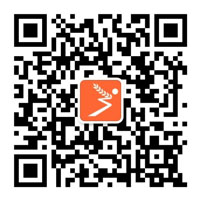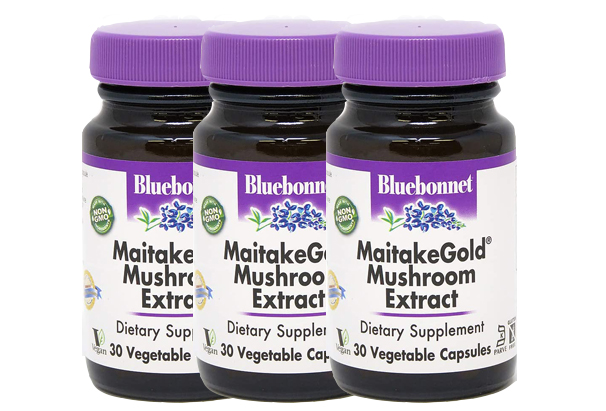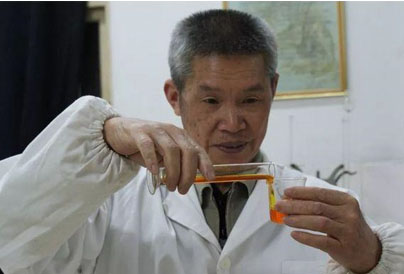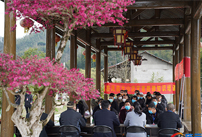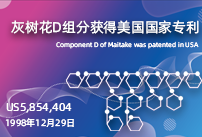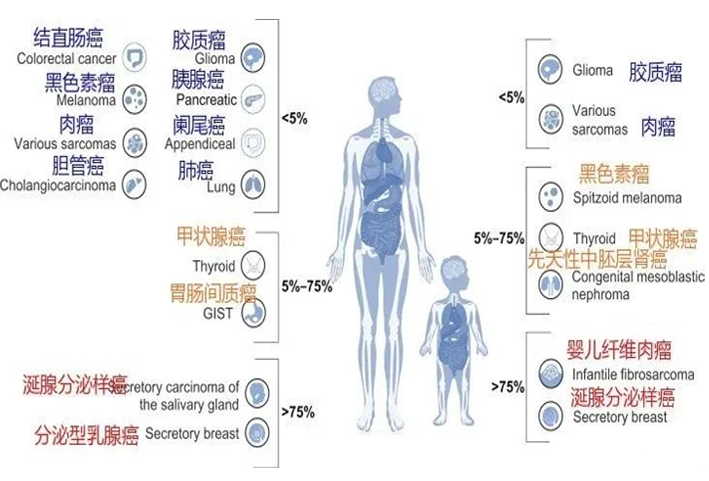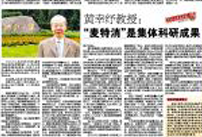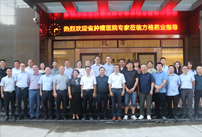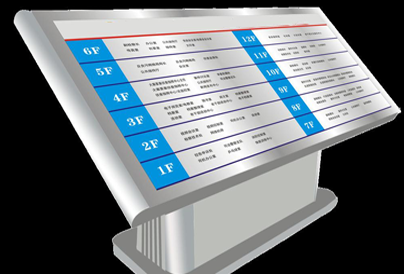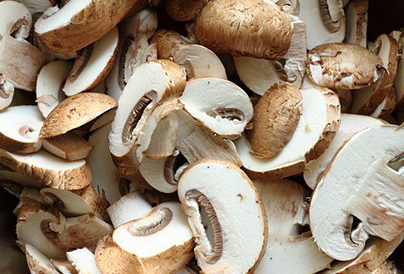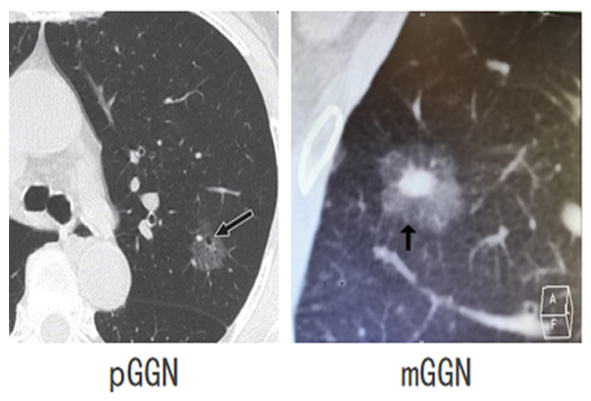Capecitabine is a precursor of 5-fluorouracil (5-FU). It has been widely used to treat various solid tumors, such as colon cancer, rectal cancer, breast cancer and gastric cancer. The guidelines of the national comprehensive cancer network (NCCN) recommend capecitabine based chemotherapy as the first-line chemotherapy for stage II, III and IV colorectal cancer (CRC), which is one of the most common malignancies in the world. CRC ranks third in the world in terms of incidence rate and second in terms of mortality.
However, the therapeutic effect of capecitabine can also induce many adverse reactions (chemotherapy-induced adverse reactions, ciaes). According to the literature and observational clinical trials, nausea and vomiting (NV), hand foot syndrome (HFS) and bone marrow suppression (BMS) are three common adverse reactions caused by capecitabine. These ciaes hinder the successful completion of anti-cancer treatment, and even threaten life if not treated in time.
In order to facilitate clinicians to formulate personalized treatment strategies through CIAE prediction, it is urgent to determine all important risk factors of CIAE. More and more evidences show that nutritional factors are related to CIAE susceptibility. Therefore, the purpose of this study was to identify the risk factors and predictive markers of ciaes using the food / nutrition data of CRC patients receiving capecitabine based postoperative chemotherapy.
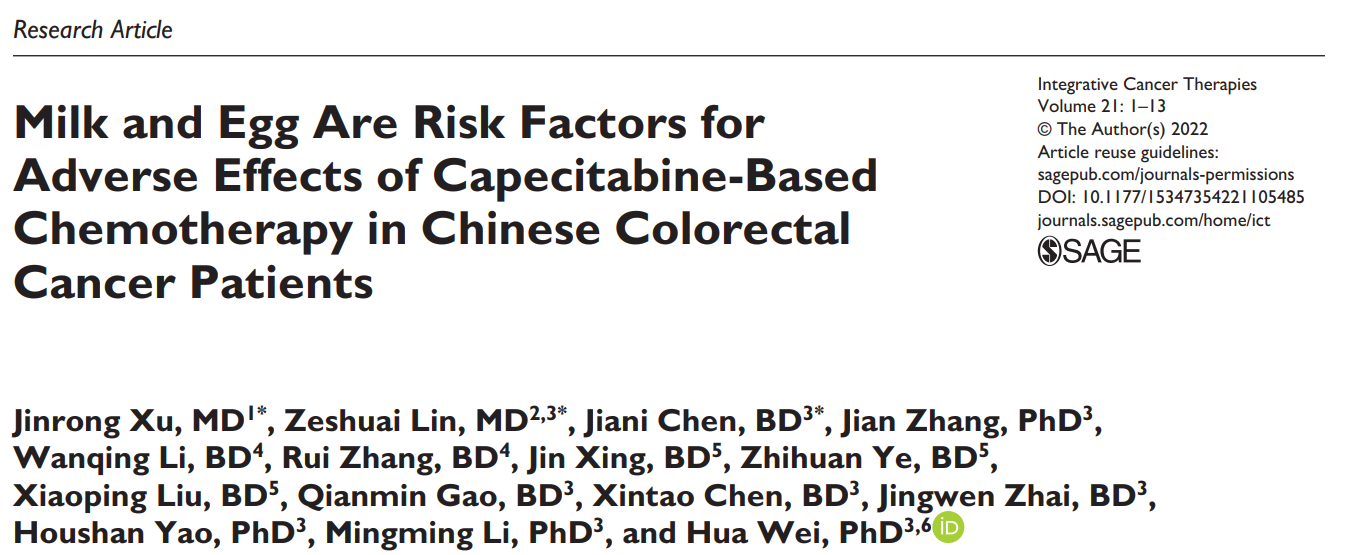
This study analyzed the food / nutrition data of 130 CRC patients in China. Univariate and multivariate analyses were used to identify food / nutritional factors associated with CIAE. Based on the combination of these factors, a prediction model is constructed.
130 CRC patients aged 31 to 88 years were diagnosed with advanced CRC (stages II, III and IV) for final analysis; 83 patients (63.8%) were male and 47 patients (36.2%) were female. They all received XELOX (capecitabine plus oxaliplatin) chemotherapy based on capecitabine for 3 weeks. In each cycle, patients were given oxaliplatin intravenously (0.16-2g/ day) on the first day and capecitabine orally (1.5g/ day) each time in the first 2 weeks.
Among the incidence of CIAE, HFS had the highest incidence rate (64.6%), followed by CINV (54.6%), nausea (51.5%), BMS (43.8%) and vomiting (35.4%); The incidence rate of other ciaes was lower than 30%. In addition, most patients have ciaes of grade 1 to 2.
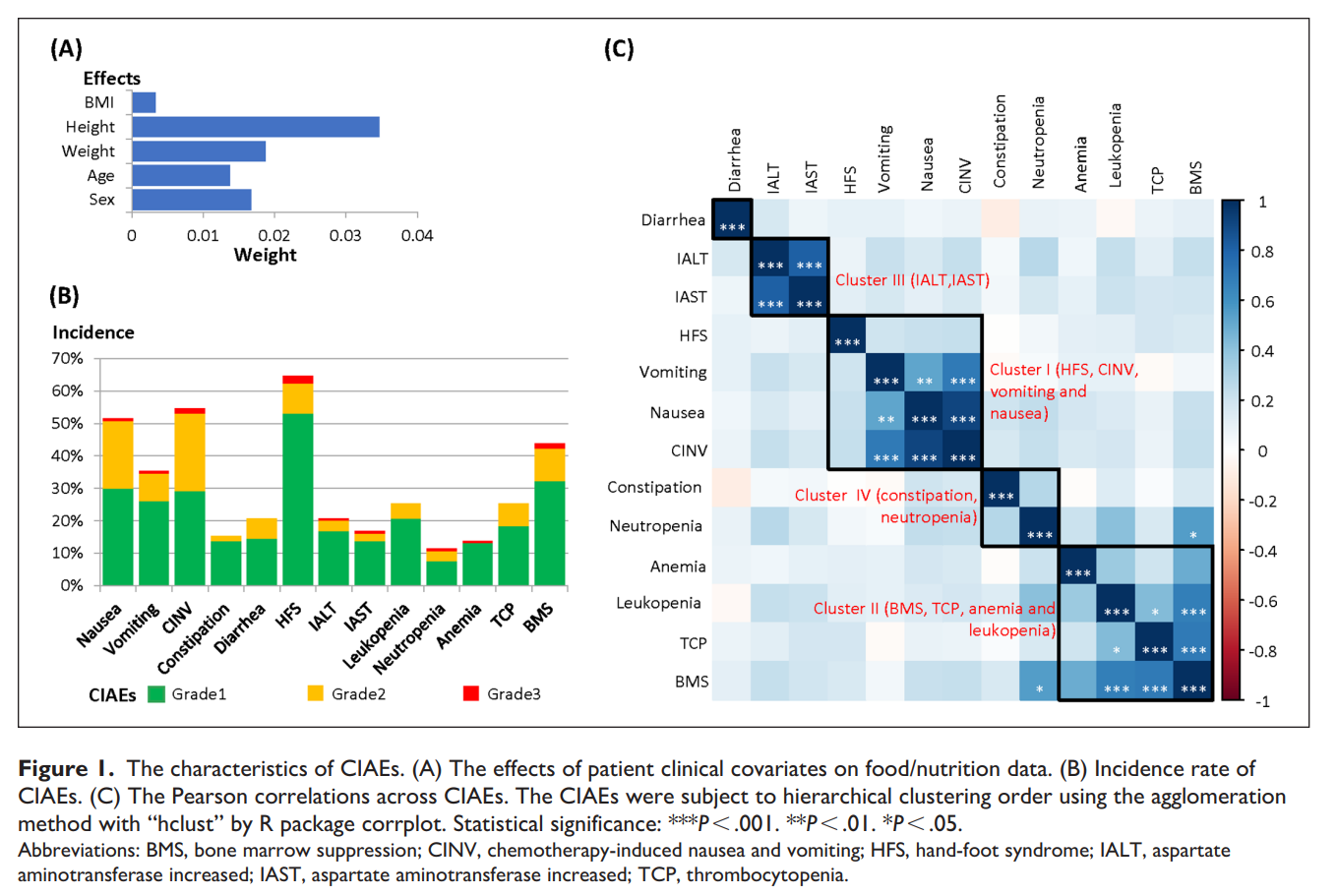
After adjusting for total energy and potential confounding factors, a total of 20 food / nutrition factors related to ciaes were identified in univariate analysis. Multivariate analysis further showed that among these factors, dessert, eggs, poultry and milk were associated with several ciaes. Poultry and eggs are common factors of several ciaes. Poultry is a general protective factor for HFS, BMS, leukopenia, TCP and Iast; Dessert is a protective factor for BMS. On the contrary, milk is a risk factor for HFS, and eggs are a risk factor for BMS and leukopenia.

The multivariable models developed to predict level 1~3 ciaes and level 2/3 ciaes have good discriminability (auroc values are 0.671~0.778 and 0.750~0.946 respectively), which has potential clinical application value in the early prediction of ciaes, especially for more serious ciaes.
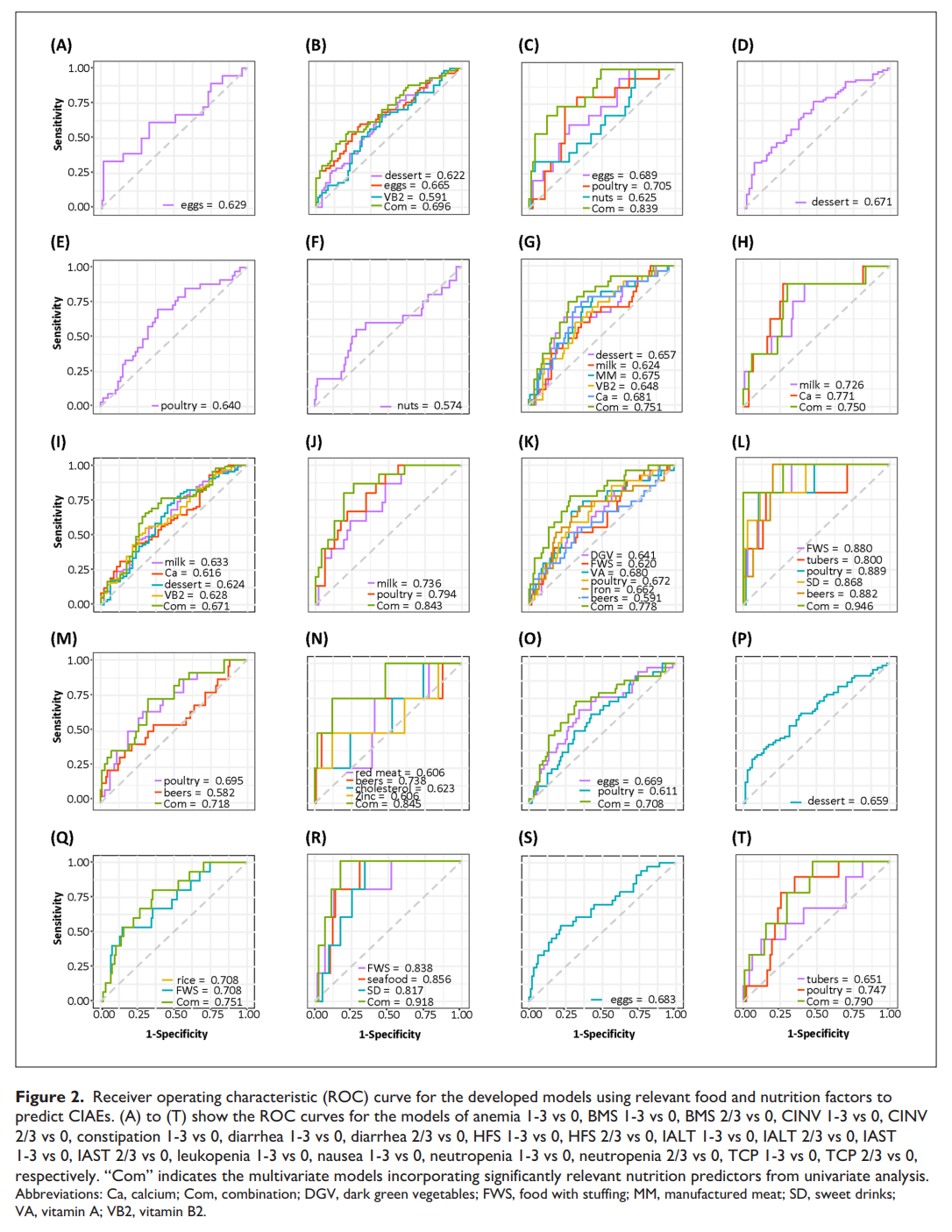
Using auroc analysis, it was found that the best critical value for food / nutrition factors to identify the risk of grade 2/3 HFS in these patients was milk (100 ml / day) >0.950, poultry (100 g / day) <0.077; The level 2/3 BMS risk of these patients was determined as egg (100g / day) >1.058, nut (100g / day) >0.108, poultry (100g / day) <0.018.

The results of this study suggest that patients with high intake of milk and eggs should control their corresponding dietary intake according to clinical indications, so as to reduce the possibility of HFS and BMS during capecitabine based chemotherapy.
Original source:
Xu J, Lin Z, Chen J, et al. Milk and Egg Are Risk Factors for Adverse Effects of Capecitabine-Based Chemotherapy in Chinese Colorectal Cancer Patients. Integr Cancer Ther. 2022; 21:15347354221105485. doi:10.1177/15347354221105485
Original link:
